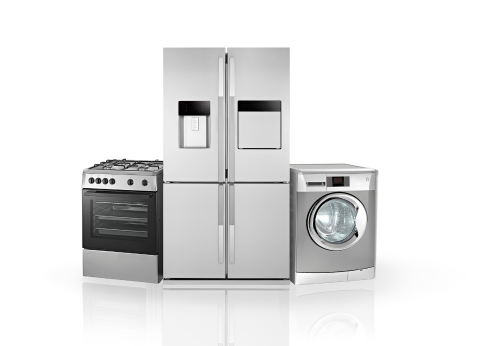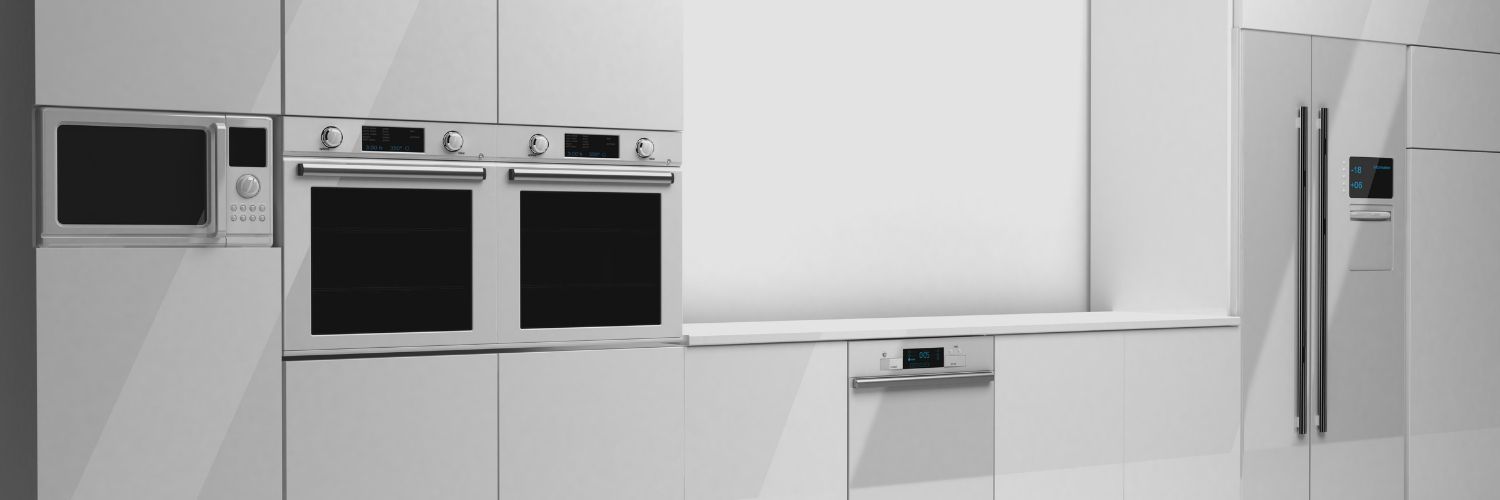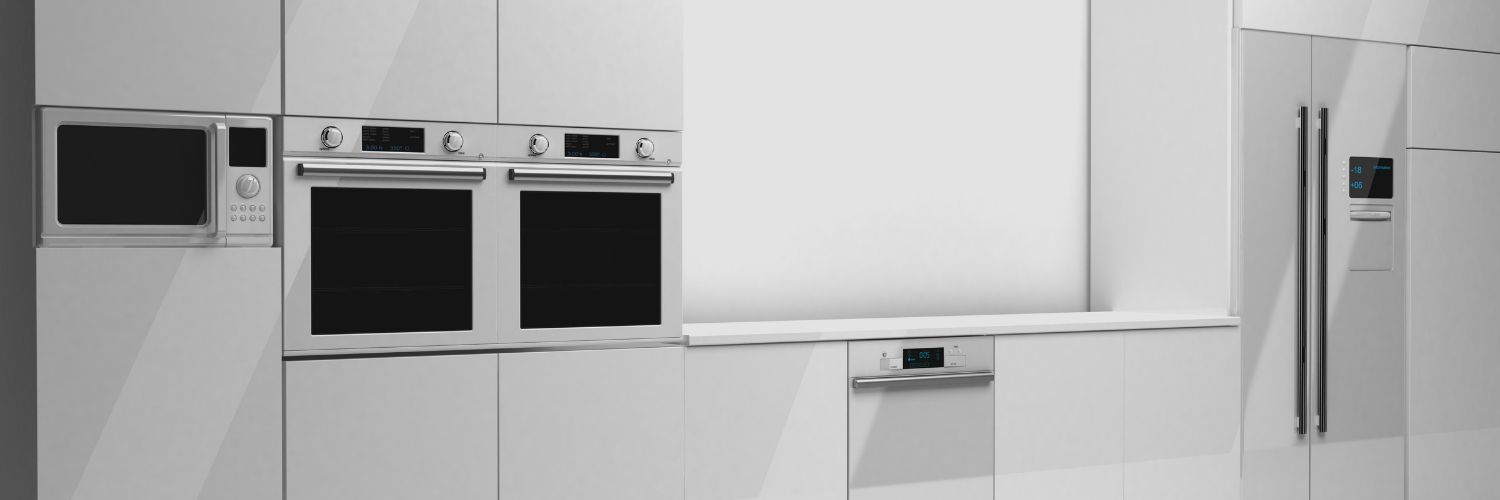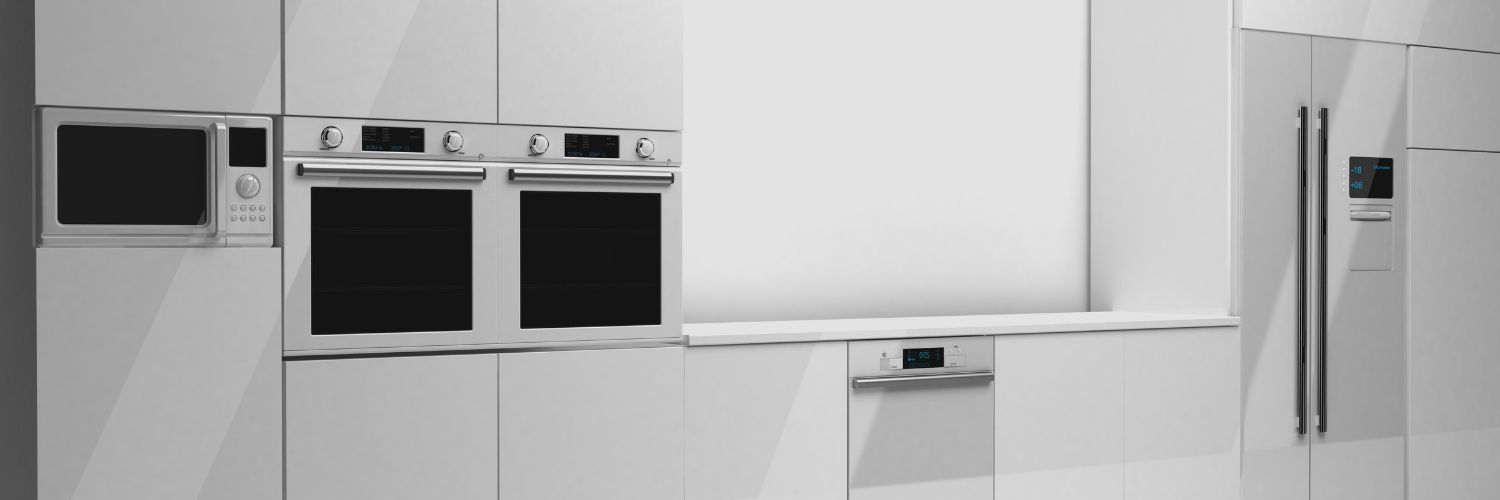Common Appliance Problems and How to Fix Them
Appliances play a crucial role in our daily lives, making household tasks more convenient and efficient. However, just like any other mechanical devices, appliances can experience problems from time to time. The good news is that many common appliance issues can be resolved without the need for professional assistance.
In this blog post, we will explore some common appliance problems and provide you with practical tips on how to fix them.

Refrigerator Issues
Refrigerators are essential for preserving our food and keeping it fresh. Here are a few common problems and their potential solutions:
a. Excessive Frost Buildup: If you notice excessive frost accumulation in your freezer, the culprit might be a faulty door gasket. Check the gasket for any tears or gaps. If you find any, replace it to ensure a proper seal.
b. Refrigerator Not Cooling: If your refrigerator is not cooling as it should, first check the temperature settings. Ensure that the vents and coils are clean and free from dust and debris. If the problem persists, the condenser coils might require cleaning or the thermostat might need replacement.
Washing Machine Troubles
Dealing with a malfunctioning washing machine can be frustrating, especially when you have piles of laundry to tackle. Here are a couple of common problems and potential solutions:
a. Washer Not Draining: If your washing machine is not draining properly, check the drain hose for clogs or kinks. Clean the filter and remove any debris that might be blocking the water flow. In some cases, the pump might need replacement.
b. Agitator Not Working: If the agitator in your washing machine is not functioning, it could be due to a worn-out agitator belt. Consult your user manual to locate the belt and replace it if necessary.
Oven and Stove Dilemmas
A malfunctioning oven or stove can disrupt your meal preparation routine. Here are a couple of common problems and their potential solutions:
a. Uneven Heating in the Oven: If you notice that your oven is heating unevenly, it could be due to a faulty heating element or temperature sensor. Check the element for signs of damage and replace it if needed. If the issue persists, the temperature sensor might require replacement.
b. Gas Stove Igniter Not Working: If the igniter on your gas stove fails to spark or ignite the burner, it may be dirty or worn out. Gently clean the igniter with a soft brush or replace it if necessary. Ensure the burner ports are clear of debris for proper ignition.
Dishwasher Problems
A malfunctioning dishwasher can disrupt your kitchen routine and leave you with a pile of dirty dishes. Here are a couple of common issues and their potential solutions:
a. Poor Cleaning Performance: If your dishwasher is not cleaning dishes effectively, check the spray arms for blockages. Clean them thoroughly and ensure that they can rotate freely. Also, check the dishwasher filter for any debris and clean or replace it as needed.
b. Leaking Dishwasher: If you notice water leaking from your dishwasher, inspect the door gasket for any signs of damage or wear. Replace the gasket if necessary. Additionally, check the water inlet valve and the spray arm assembly for any leaks or loose connections.
Conclusion
While appliances can experience problems from time to time, many common issues can be resolved without calling in a professional. By following the tips mentioned in this blog post, you can potentially save time and money by fixing these problems yourself. However, it's important to remember that if you are unsure or uncomfortable with the repair process, it's always best to seek professional assistance to avoid further damage or potential safety hazards. With a little troubleshooting and basic maintenance, you can keep your appliances running smoothly and extend their lifespan, ensuring a more efficient and stress-free household.


